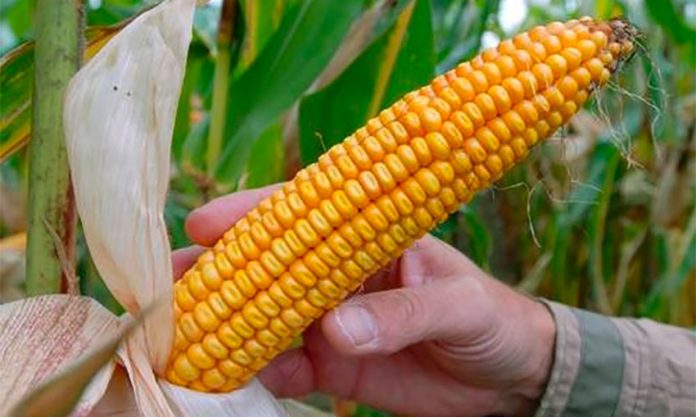A federal government decision to ban genetically modified corn has been slammed by Mexico’s largest agricultural lobby but praised by organic farmers who have long called for its prohibition.
The government published a decree Thursday that stated that biosecurity authorities would “revoke and refrain from granting permits for the release of genetically modified corn seeds into the environment.”
The objective of the decision is to “contribute to food security and sovereignty” and protect “native corn, cornfields, bio-cultural wealth, farming communities, gastronomic heritage and the health of Mexicans,” the decree said.
The government also mandated the phasing out of GMO corn imports for use in the food industry by January 2024 and decreed the elimination of glyphosate, a controversial herbicide, by the same date.
While a total ban on the herbicide is still some way off, federal departments will immediately abstain from “purchasing, using, distributing, promoting and importing glyphosate or agrochemicals that contain it as an active ingredient,” according to the decree.
“Culturally appropriate” alternatives such as low-toxicity agrochemicals and organic products will be used instead.
The ban on genetically modified corn was criticized by GMO advocates, among whom is the National Agricultural Council (CNA). The council and others contend that prohibiting GMO corn cultivation in Mexico will limit the options of farmers, and that banning imports poses a threat to the food chain.
“The lack of access to production options puts us at a disadvantage compared to our competitors, such as corn farmers in the United States,” said CNA spokeswoman Laura Tamayo.
“On the other hand, the import of genetically modified grain from the U.S. is essential for many products in the agri-food chain,” said Tamayo, also a regional director for the German multinational Bayer, whose agro-chemical subsidiary Monsanto makes the herbicide Roundup – whose active ingredient is glyphosate – and the GMO corn designed to withstand the controversial weedkiller.
The CNA says that a ban on glyphosate could cause agricultural production to fall by up to 45% but government officials, including Environment Minister María Luisa Albores and Health Minister Jorge Alcocer, reject the claim. For his part, Agriculture Minister Víctor Villalobos has opposed a blanket ban on the use of glyphosate.
In sharp contrast to the CNA’s view, the president of the Mexican Society of Organic Production, Homero Blas, described the government’s decision to ban GMO corn as a “huge victory.”
Opponents of genetically modified crops argue that they contaminate native corn varieties that have been grown in Mexico for thousands of years. They also say that they encourage the use of pesticides and herbicides that pose a risk to both human health and biodiversity.
While the government decree will phase out food sector GMO corn imports, it was unclear whether the ban would extend to imports of GMO corn from the United States that is used as livestock feed.
The news agency Reuters noted that Mexico is largely self-sufficient in white corn used to make tortillas but depends on GMO corn imports from the U.S. to feed farm animals.
